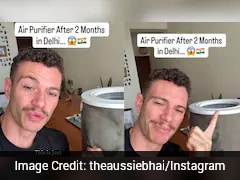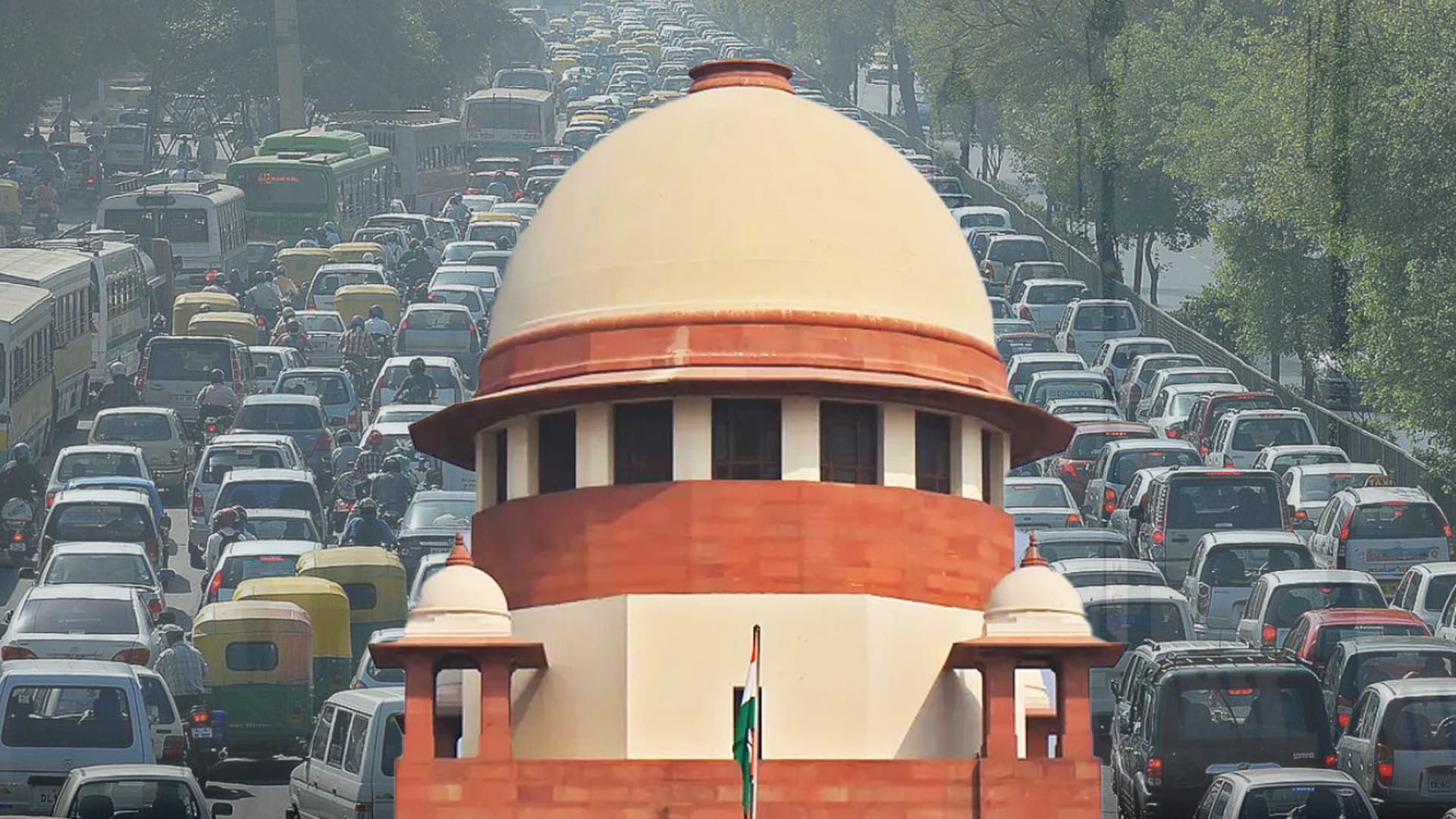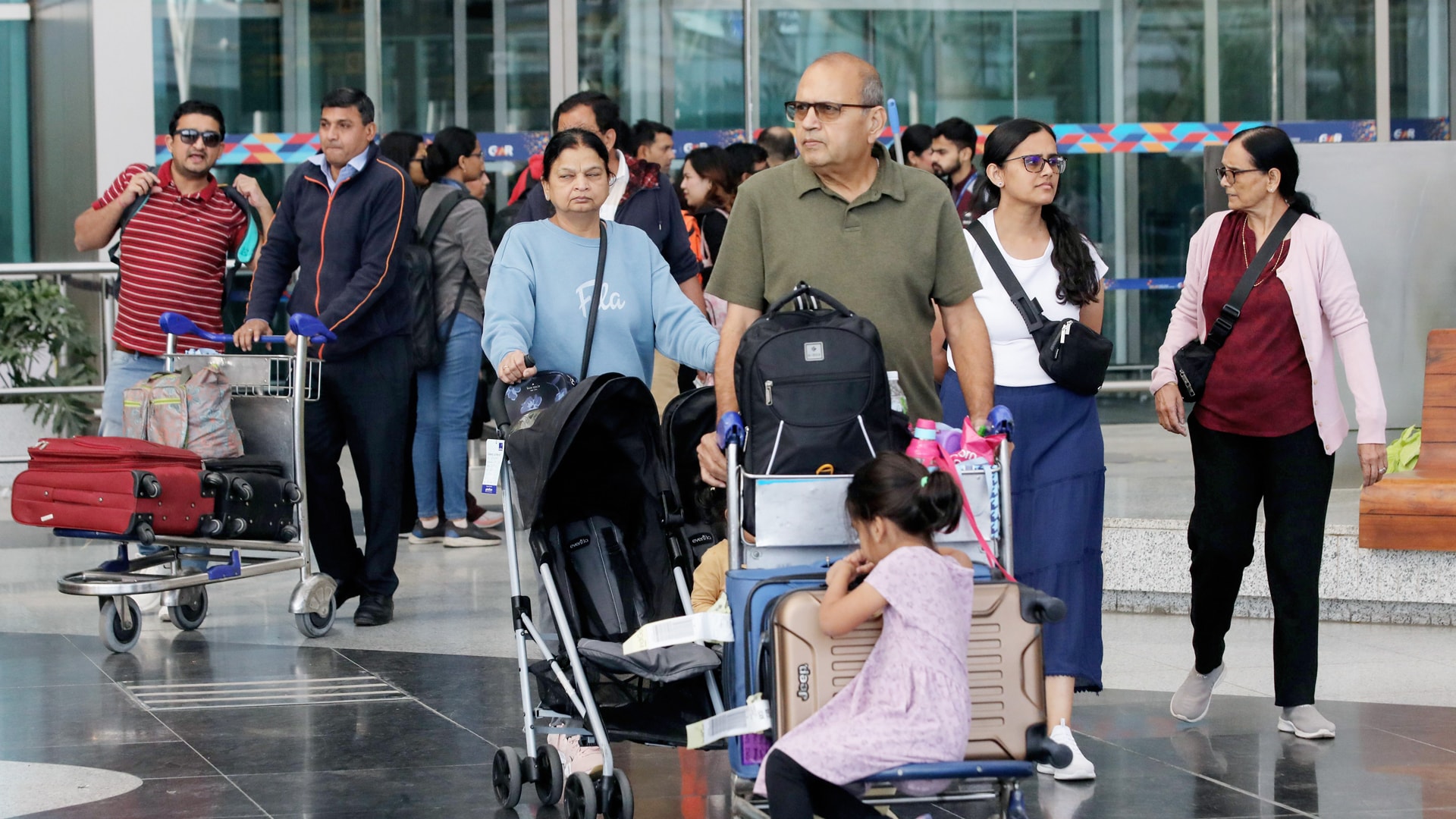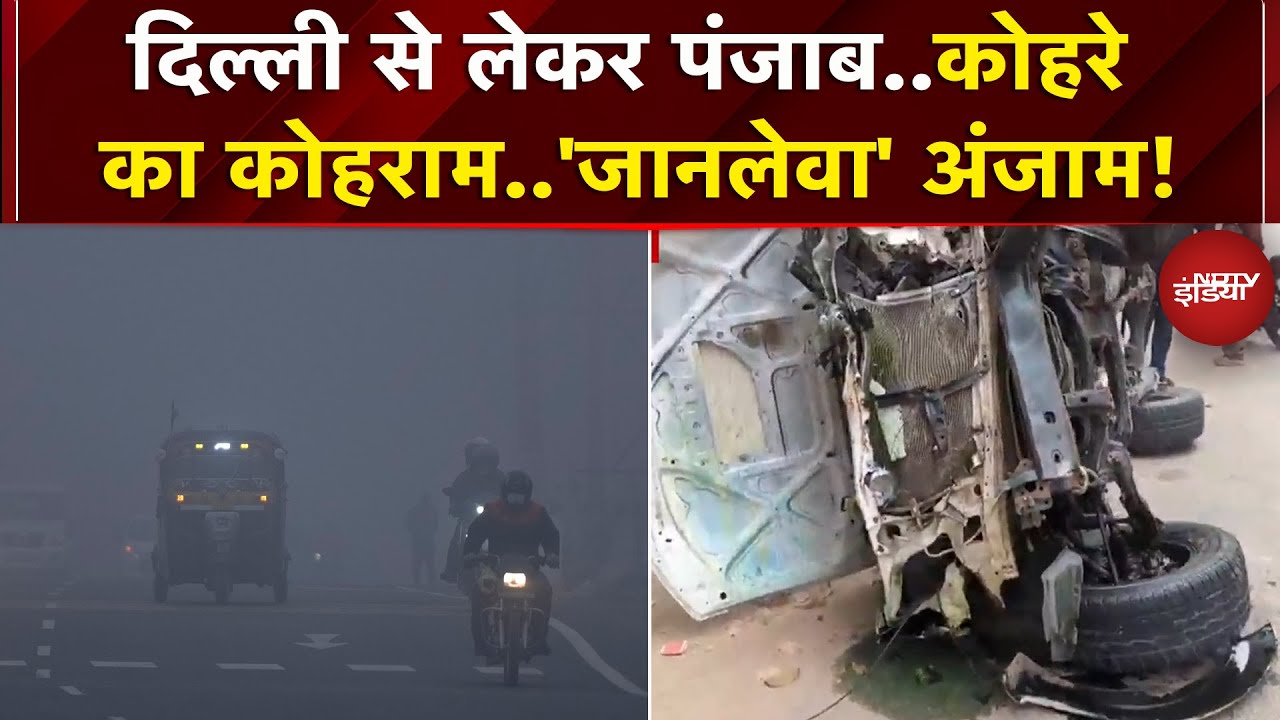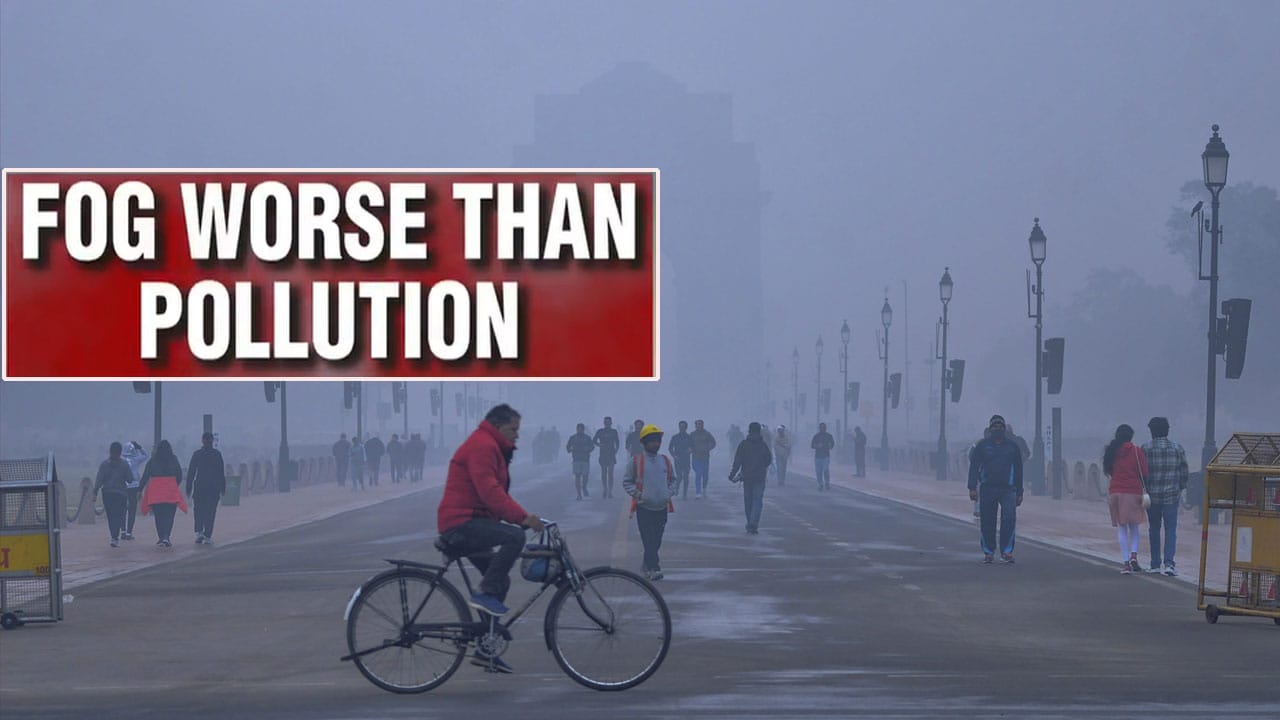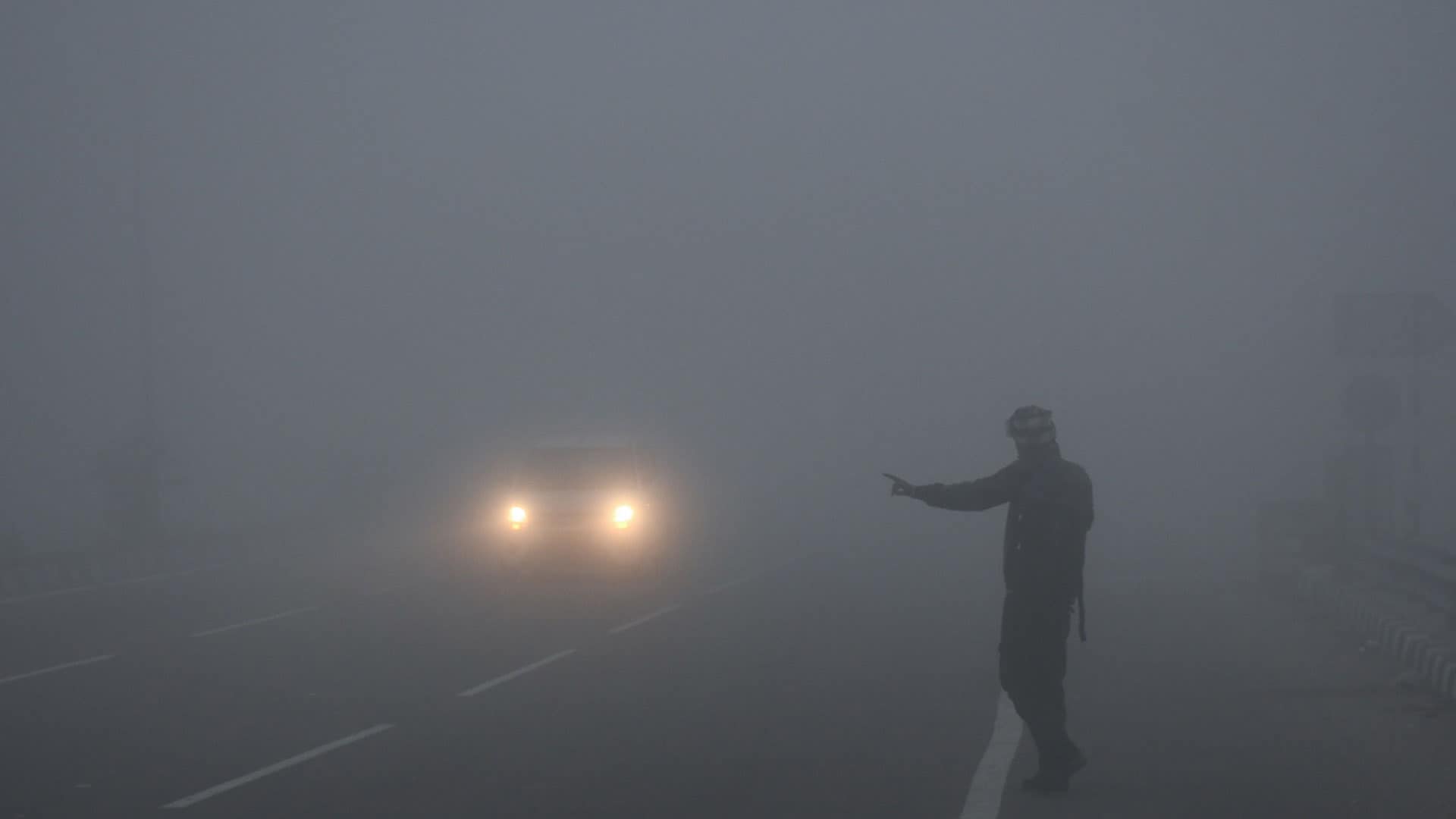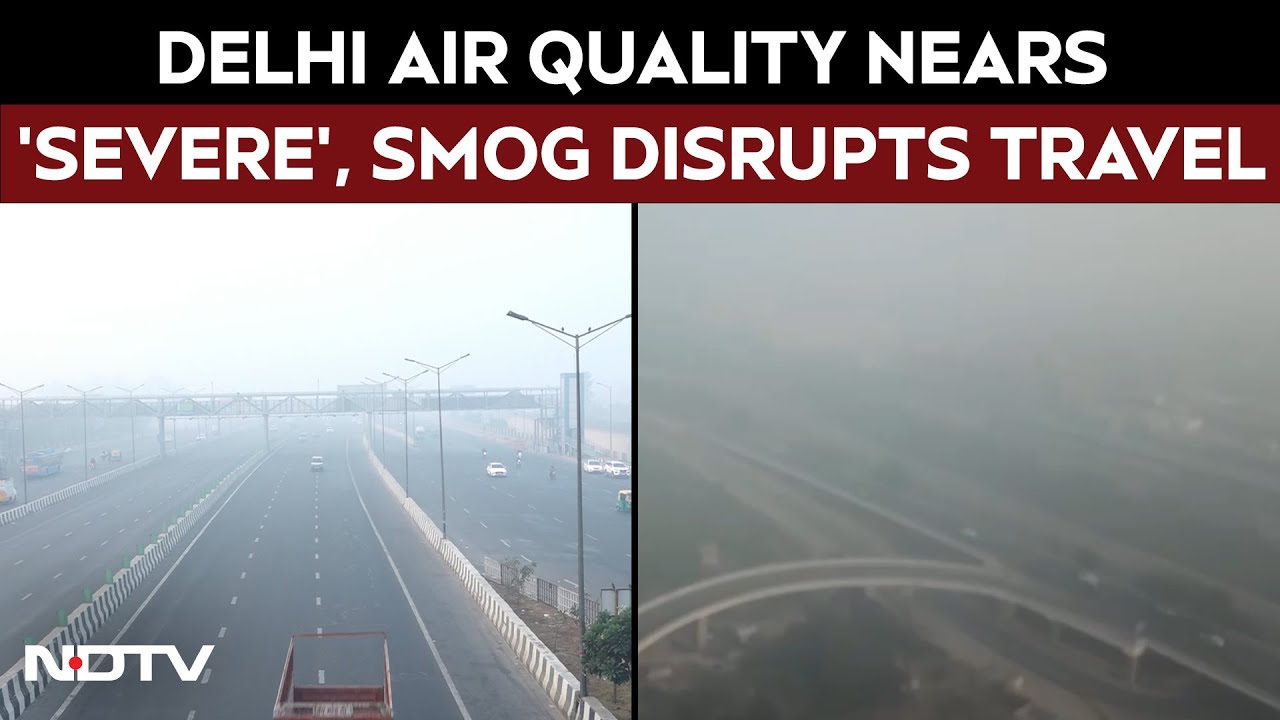- Home/
- Give Free Tools To Farmers To Prevent Stubble Burning: Human Rights Body
Give Free Tools To Farmers To Prevent Stubble Burning: Human Rights Body

The National Human Rights Commission (NHRC) on Friday held a third round of meeting through video conferencing with the Chief Secretaries of Delhi, Haryana, Punjab and Uttar Pradesh and asked them to give a detailed report on how to prevent air pollution in the Delhi-NCR region.
The meeting was held with Chief Secretaries of four states through video conferencing under the chairmanship of NHRC Chairman Justice Arun Kumar Mishra regarding air pollution as the national capital and the NCR region continues to be covered with a heavy blanket of smog.
In the last hearing, the Chief Secretaries of Punjab, Haryana, Delhi and Uttar Pradesh were summoned to control air pollution in Delhi NCR.
In today's meeting, all the secretaries, while sharing the report, presented many more facts on the same issues. Now the next hearing has been fixed on 25 November.
While speaking to ANI, NHRC spokesperson Jaimini Kumar Srivastava said that a detailed discussion was held on stubble burning which is one of the biggest reasons for the bad air quality.
"The Commission had a discussion on how to provide the equipment to the poor farmers at the panchayat and body level free of cost so that they can harvest the paddy properly on time. Those who have the capacity to buy equipment should be made available at low cost so that farmers are not forced to burn stubble," he said.
Srivastava further said that apart from this, the Commission also asked the governments to provide proper equipment to the sanitation workers of the states.
"Be it the waste of hospitals or the dust on the roads, due to which air pollution increases, it should be managed. The Commission has asked for the details of how many mechanized devices are there to cope with the pollution caused by stubble burning and in what capacity they are being ordered. In many states of the country, various topics like pollution caused by stubble burning and deaths of sanitation workers, etc. were discussed with the Chief Secretaries of the states and instructions were also given to prevent and reduce pollution," NHRC spokesperson said.
In the last hearing, the Commission reprimanded the governments of four states, Punjab, Haryana, Delhi, and Uttar Pradesh holding them responsible for poor management of 'stubble burning' after hearing the version of the Chief Secretaries of the respective states.
NHRC heard the Chief Secretaries of Delhi, Haryana, Punjab and Uttar Pradesh on Thursday in connection with its suo motu cognizance of unabated air pollution in Delhi-NCR as reported in media. "The Commission, after considering the responses of the concerned States and the Government of NCT of Delhi, and the deliberations thereon is of the opinion that the farmers are burning stubble under compulsion," NHRC said in a press release.
Delivering the judgement, the National Human Rights Commission noted that the governments of the states mentioned above failed to obviate the recurring problem of stubble burning, which led to the deterioration of air quality.
"The State Governments have to provide harvest machines to get rid of those stubbles but they have failed to provide an adequate number of requisite machines and other measures, as a result, farmers were forced to burn the stubbles, causing pollution," the commission said, adding that none of the States can blame the farmers for stubble burning, instead, it is due to the failure of all four State Governments that the stubble burning is happening in the four States causing enormous pollutants in the air.
(Except for the headline, this story has not been edited by NDTV staff and is published from a syndicated feed.)
also read
Latest Stories
- Edited by Astitva Raj | Monday January 12, 2026
In the video, Evans, known as "Aussie Bhai" on Instagram, was seen removing the filter from his air purifier.
- Press Trust of India | Friday January 09, 2026 , New Delhi
The PM2.5 assessment for 2025 ranks Byrnihat (Assam), Delhi, and Ghaziabad (Uttar Pradesh) as India's top three most polluted cities with annual concentrations of 100 g/m, 96 g/m, and 93 g/m, respectively.
- Written by Shreya Goswami | Wednesday January 07, 2026
A study by Jawaharlal Nehru University finds that Delhi's polluted winter air carries high levels of antibiotic-resistant bacteria or superbugs far above safe limits, posing public health risks, especially for vulnerable groups and those with chronic
- Reported by Nupur Dogra | Tuesday January 06, 2026 , New Delhi
The Commission for Air Quality Management or CAQM, was strongly reprimanded by the Supreme Court today, which said the pollution body was not taking the issues raised by the court seriously.
- Written by Shreya Goswami | Tuesday January 06, 2026
Bronchial asthma often worsens in winter due to cold air, pollution and infections.
................................ Advertisement ................................
Latest Videos
Opinion
Blog | Well Done, Delhi. You've Turned Lung Sacrifice Into A Badge Of HonourSaikat Kumar Bose
Monday November 10, 2025Till some years back, Delhiites would ask angry questions to those in power about the capitals annual tryst with toxic air. This has changed. Those in the driving seat dont see the need to answer now.
Opinion | Why Indians Have Just Given Up On Air Pollution CrisisTanushree Ganguly
Friday December 20, 2024While some may argue that people in Delhi are now more aware of air pollution than they were a decade back, my rebuttal would be that awareness does not mean that people are concerned.
Opinion | You Must Outrage Over Filthy Air More Than Once A YearJyoti Pande Lavakare
Tuesday December 10, 2024Delhi welcomed us with monsoon rains and mangos. We were home. Fast forward a couple of years, in the winter of 2012, I found myself in denial about something other parents, mostly expats, were calling toxic air.
Opinion | Delhi's Air Pollution Situation Is Like A Bad MarriageNishtha Gautam
Friday November 22, 2024On a good day, such as today, the AQI reading in Delhi is 407. We are jubilant at the sickly sunshine trickling through the slightly dissipated smog. At least its not 1600.
दिवाली... पराली... सियासी जुगाली!Ashwini kumar
Monday November 18, 2024दिल्ली-एनसीआर में प्रदूषण का समाधान तो आज तक मिला नहीं. हर साल चिंतित होकर हम-आप सांसों की तकलीफ के साथ-साथ दिल और ब्लड प्रेशर के मरीज भी क्यों बनें?



